If you’re a small business owner exploring your retirement saving options, you may find yourself coming across a Solo 401(k), also known as an Individual 401(k), as an option for you. If you’re eligible, a Solo 401(k) can be a powerful savings vehicle.
Regarding your retirement account as a small business owner, you are both the employee and the employer. With an Individual 401(k), there is an employee deferral, and then also an employer contribution.
A lot of people think of this like a match when you work for a company and they give you a 401(k) option, you make contributions, and they may match your contribution up to a certain amount.
As a business owner, you can have a Solo 401(k) (providing you meet all the requirements) and you can make an employee deferral just like you can with a company you work for as well as the employer contribution component.
So, what makes a Solo 401(k) so great? Here are some pros and cons for Solo 401(k)s.
Solo 401(k) Pros
Higher contribution limits
With a Solo 401(k), if you are under the age of 50, as the employee, you can defer up to $23,000 in 2024. Keep in mind, it’s up to 100 percent of your earned income, not to exceed $23,000.
If you’re over the age of 50, you have a “catch-up provision,” which basically means the older you get, the more you can defer to your retirement plan. This applies to IRAs as well as Solo 401(k)s. The contribution limit if you’re over 50 is $30,500 as the employee.
As the employer, you can contribute up to $46,000 of your income (if you maximize your employee deferrals) in 2024, not to exceed 20 percent of your self-employment income, or 25 percent of your W-2 income.
In total, if you’re paying yourself enough, you could potentially get upwards of $69,000 if you’re under the age of 50 and up to $76,500 when you are over the age of 50.
If you are claiming a significant amount of earned income through a business, you can defer a significant amount of money into a plan such as a Solo 401(k) and your contributions are significantly higher than contributions to an IRA. See all account contribution limits and compare.
Tax deductions
Contributions to a Solo 401(k) can be tax deductible. For example, if you maxed out and contributed the full $69,000, being under the age of 50, to your Solo 401(k) account, you could potentially receive a $69,000 tax deduction. With a Solo 401(k), you can elect to make tax-deductible deferrals, or you can elect to make tax-free Roth deferrals.
Possible Roth component
With a Solo 401(k), you can defer a Roth component. With a Roth component, you make deferrals to the account with after-tax dollars. This means your funds grow in a tax-free environment and when you start taking distributions, you will have zero taxes to pay, providing all rules are followed.
There are no modified adjusted gross income (MAGI) limits with a Roth component. With a Roth component to a Solo 401(k), there are no income restrictions; you simply must have earned income in order to make the deferral.
Avoid UBIT
Another benefit of a Solo 401(k) is the possibility to avoid Unrelated Business Income Tax (UBIT) on leveraged real estate. If you buy real estate in an IRA and you take on a loan, you will likely pay unrelated business income tax on your net rental proceeds, or the net profits from the sale of the property while there’s leverage. And it’s based on a percentage of the property that is leveraged.
For example, if you buy a property for $100,000, and you get a loan for $50,000, you have 50 percent debt on the property in an IRA environment, therefore you would have to pay taxes on 50 percent of your net profits from that investment. Because you have that leverage in a Solo 401(k) environment, providing that the loan is structured properly, you are exempt from that UBIT.
UBIT could apply in other scenarios, including if your investment passes through a private entity such as an LLC. For more information on UBIT, please consult with your CPA or tax professional, and visit IRS.gov, Publication 598.
Spousal Solo 401(k)
If you have a spouse that is working for you and is employed by your business, meaning you are paying them a salary or a wage, if they are claiming that income, they can also take advantage of the Solo 401(k) as a participant of the plan.
[Related: Everything You Need to Know about the Solo 401(k)]







